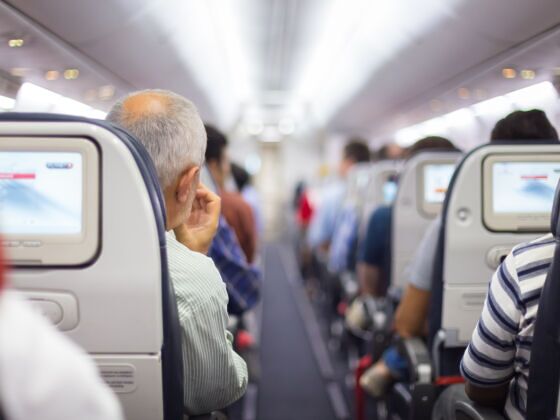It’s been a tough couple of years to work in the airline industry. From health concerns, to constantly changing travel regulations, to flight cancellations, it’s hard to think of a more precarious time to work for an airline. And that’s not even counting one of the biggest threats: the passengers themselves.
Masks are the biggest, but not the only, issue: 72 percent of unruly passenger reports to the Federal Aviation Administration (4,290 of 5,981) by December 31 were mask related, according to CNN, and 205 of 323 reports in 2022 as of February 1 were mask-related.
